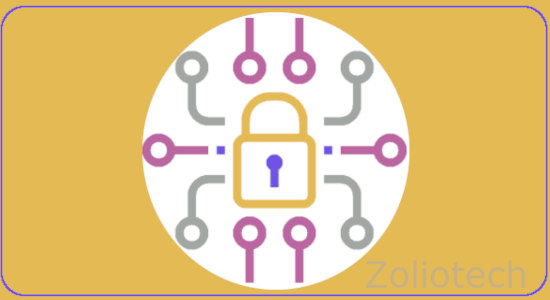
Artificial intelligence (AI) revolutionised the technology world in recent years. Mobile app being the closest electronic gadget for most of the human beings, apps go through that revolutionary process as well. AI algorithms embedded within mobile applications enhance user experiences in myriad ways.
One of the most prominent connections between AI and mobile apps lies in data processing and analysis. AI-powered algorithms sift through vast amounts of user data, allowing apps to deliver tailored content, predict user behavior, and optimize functionalities in real-time. Moreover, AI enables advanced features such as natural language processing (NLP) for voice commands and chatbots, image recognition for augmented reality applications, and predictive analytics for personalized notifications and alerts. As mobile devices continue to evolve and integrate with AI technologies, the synergy between AI and mobile apps will only deepen, driving innovation and reshaping the landscape of digital experiences
Hardware enhancements for AI in mobile devices have catalyzed a paradigm shift in how smartphones and tablets leverage artificial intelligence. As demands for AI-powered applications soar, mobile manufacturers are increasingly focusing on optimizing hardware architectures to accommodate complex AI computations efficiently. The integration of specialized AI accelerators, such as neural processing units (NPUs) and tensor processing units (TPUs), within mobile chipsets has significantly bolstered the performance and energy efficiency of AI tasks.
These dedicated hardware components excel at handling the intensive mathematical calculations inherent in AI algorithms, enabling tasks like image recognition, natural language processing, and machine learning inference to be executed swiftly and with minimal power consumption. Additionally, advancements in mobile GPU architectures have further augmented AI capabilities, facilitating tasks like real-time rendering for augmented reality (AR) applications and accelerating deep learning models for on-device processing. As hardware enhancements continue to evolve, mobile devices are poised to become even more adept at seamlessly integrating AI into everyday experiences, empowering users with smarter, more intuitive functionalities on the go.

